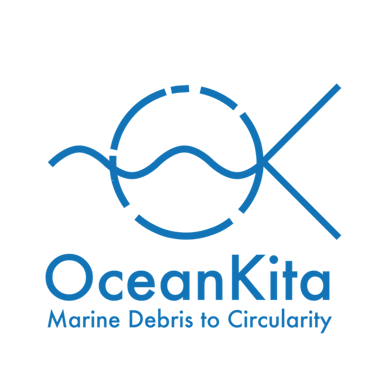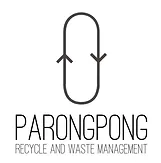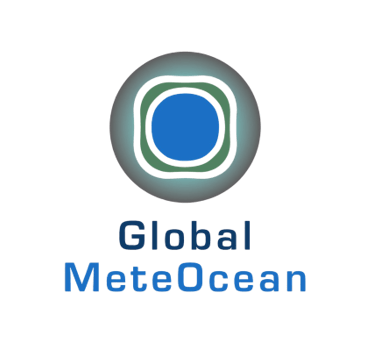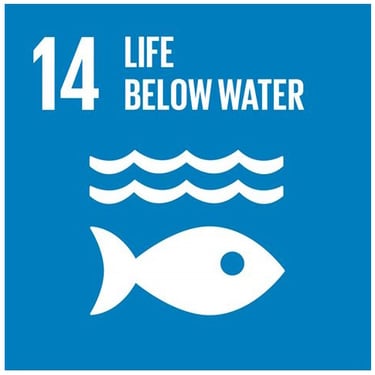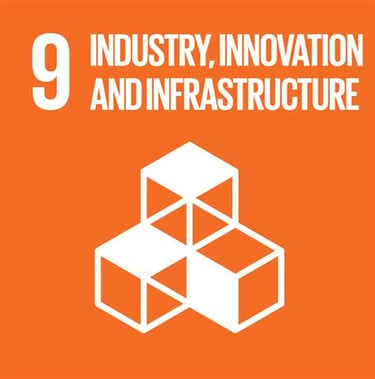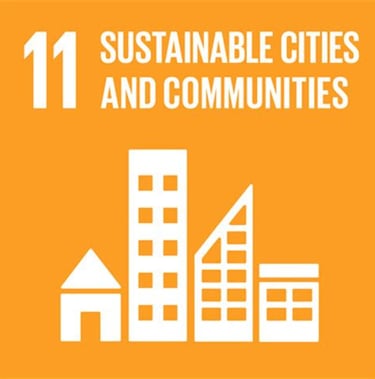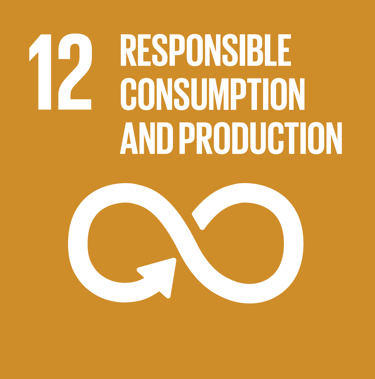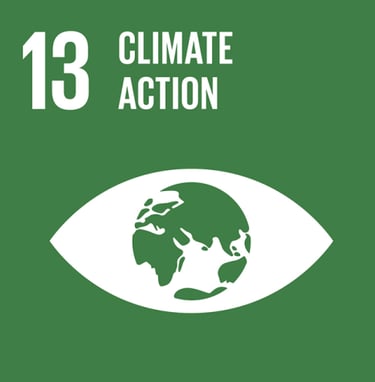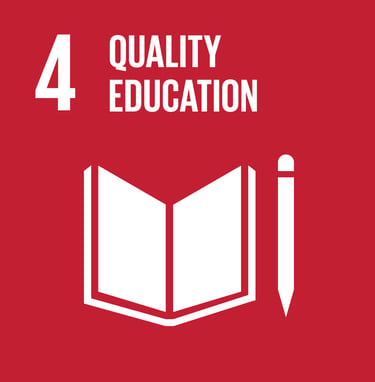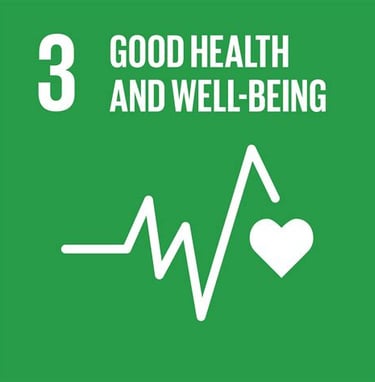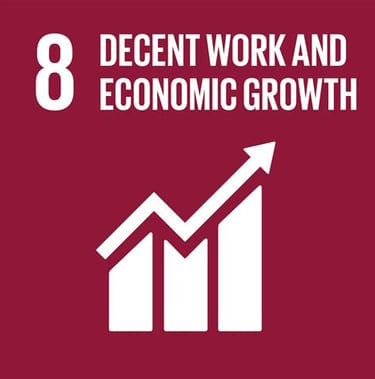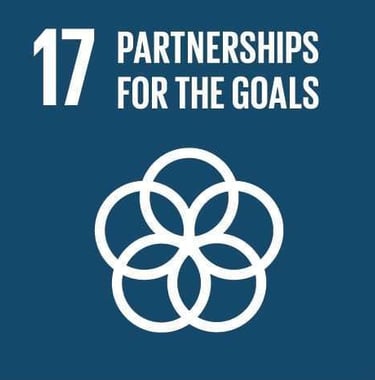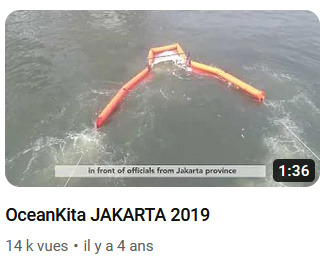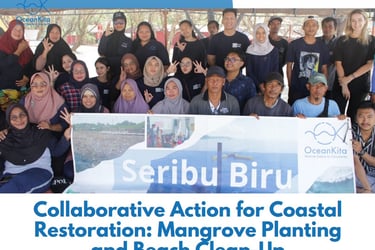Our Impact Report for 2025 is available!
WE ARE HIRING!

tAKing CARE OF OUR OCEAN
The Marine Plastic Crisis is one of the main pledges faced by humanity. It is urgent to respond with a global action plan.
OceanKita contributes with an holistic approach which includes:
- Intercepting marine plastic debris when it is still possible. It is crucial and part of the chain of actions needed to solve the plastic pollution issue
- Waste recovery, education programs, research and consultancy are our others services rendered, enabling to close to loop and aim for circularity
Why should we act now
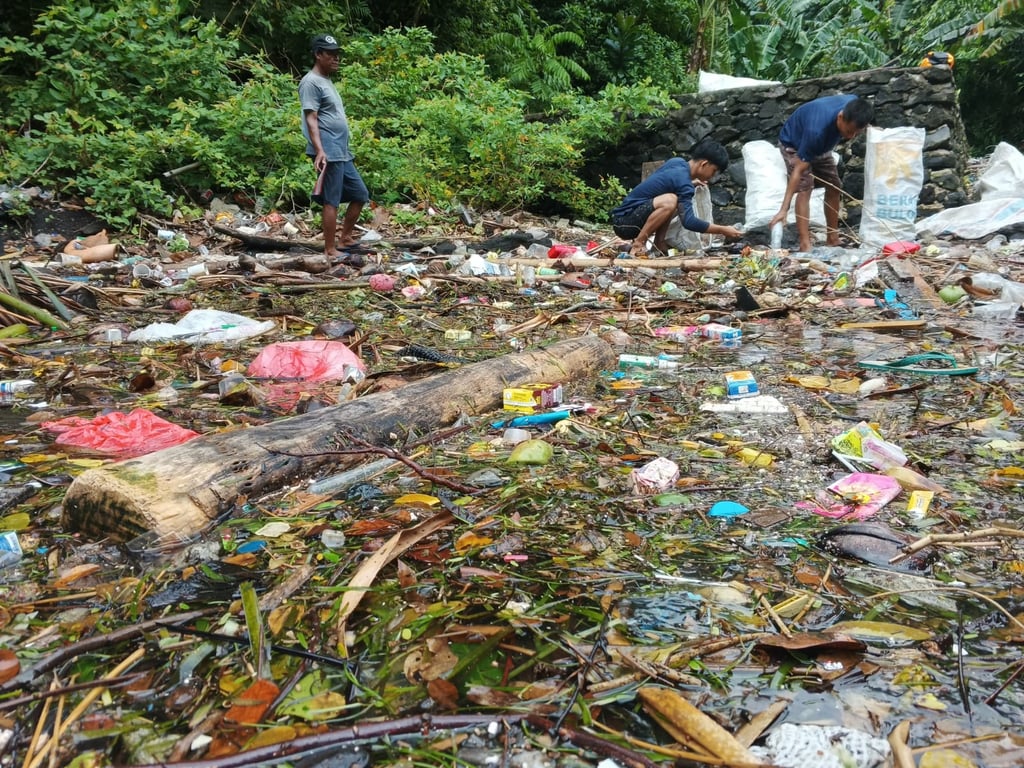

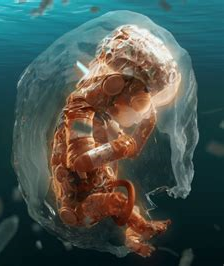

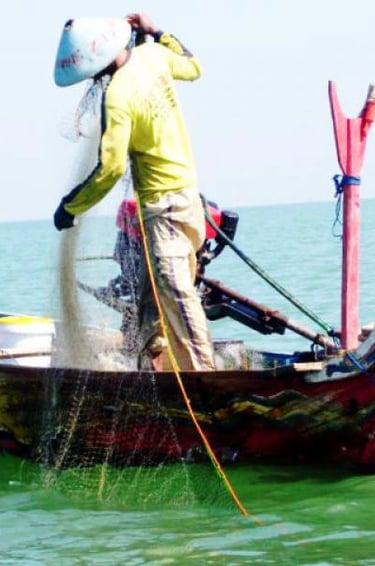

Nature
Health
Economy
Landscapes are degraded. The environment becomes unwelcoming and even dangerous for our children, our health. Our condition of living enters a vicious circle.
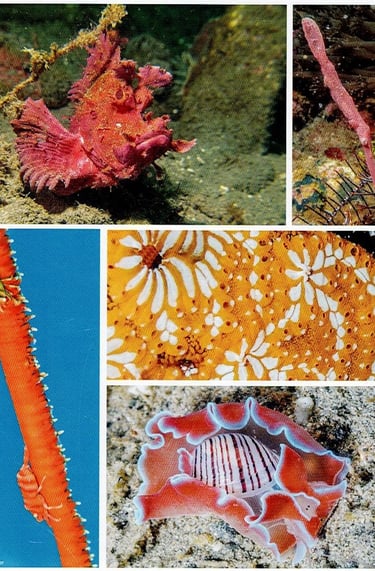

Ecosystems
Fishing, tourism, shipping and other sectors are highly degraded when waters and beaches are covered by plastics.
Micro and nano plastics have already penetrated the water cycles, the food chain, and, by consequence our bodies, causing severe and irreversible damages on the long term.
It is very wrong to thing that ecosystems are of less importance. They are in the middle of all the major issues we are facing: climate change, loss of biodiversity, etc.
The cost of doing nothing is much higher than the cost of prevention!
___
How OceanKita is part of the Solution
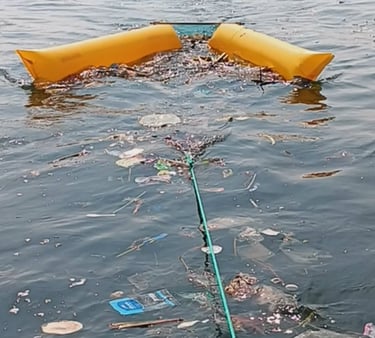

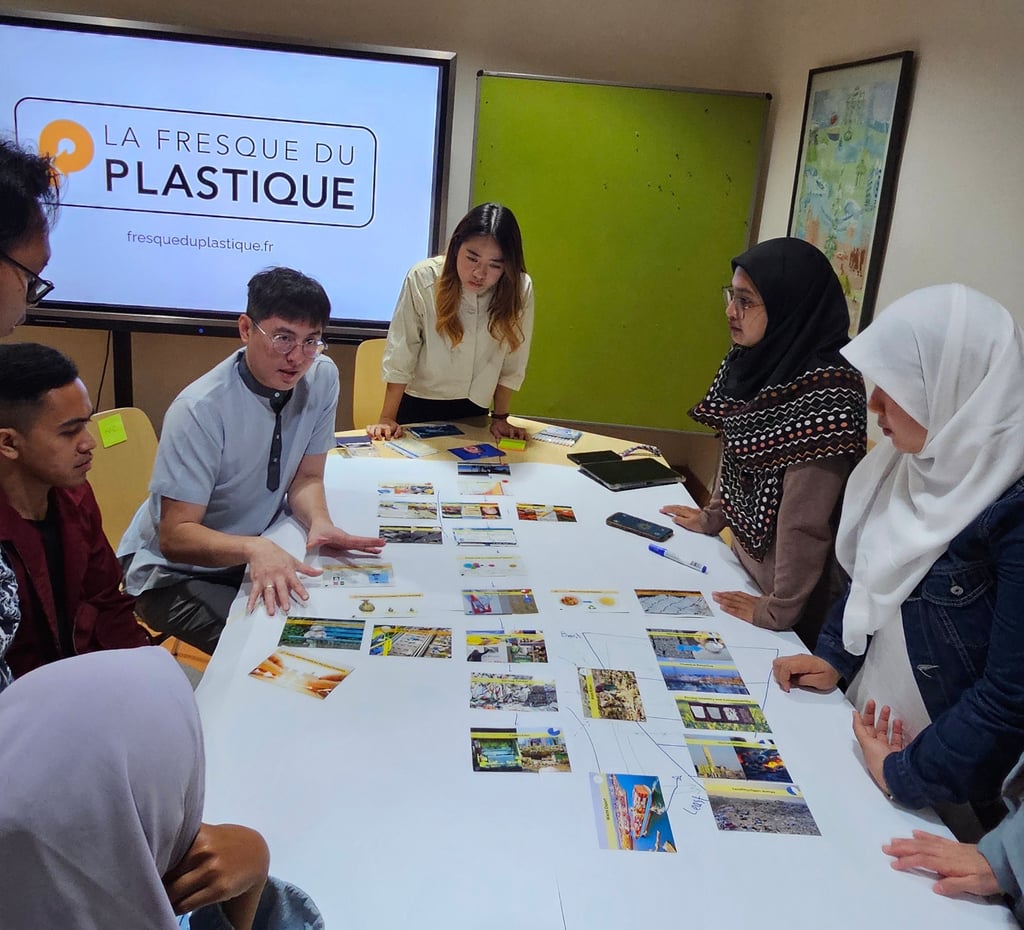

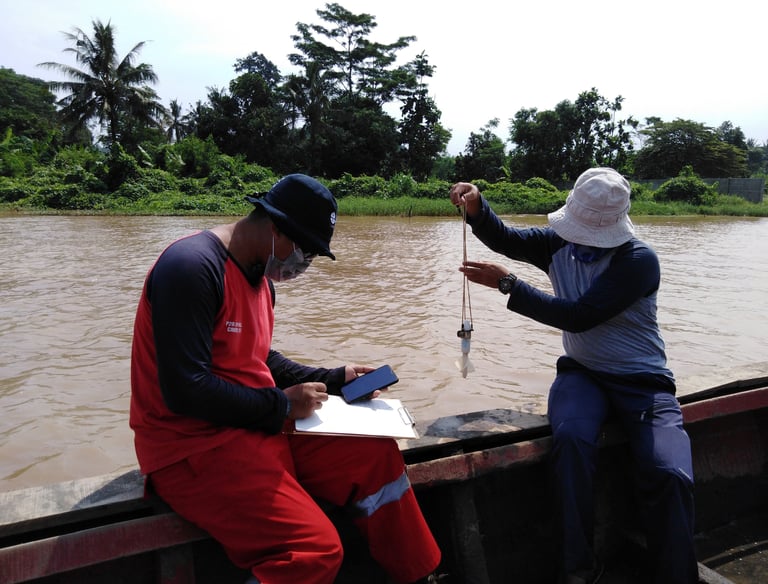

"LEAVE NOTHING BEHIND"
OceanKita cleans waters from marine debris and hydrocarbons with equipment have carefully selected. They enable collection in all waters and most situations and greatly raises efficiency compared to the usual manual cleanups.
Using this equipment does not alter the benefits for the local communities, who are fully integrated in our programs.
Cost/effective water cleanups
Education and awareness
The range of our services include: Intervention in companies and schools* ; Workshops, webinars, conferences ; Invitations join our beach or river cleanups.
Most of our programs include an education component..
* Formal classes, Plastic Collage sessions, education games.
Research and studies
OceanKita conducts studies such as Marine and river litter quantification and qualification with high reputation Indonesian research bodies, universities and researchers.
We currently develop two ambitious programs which include the use of AI and drones: a Marine pollution monitoring platform and a Riverine pollution monitoring system.
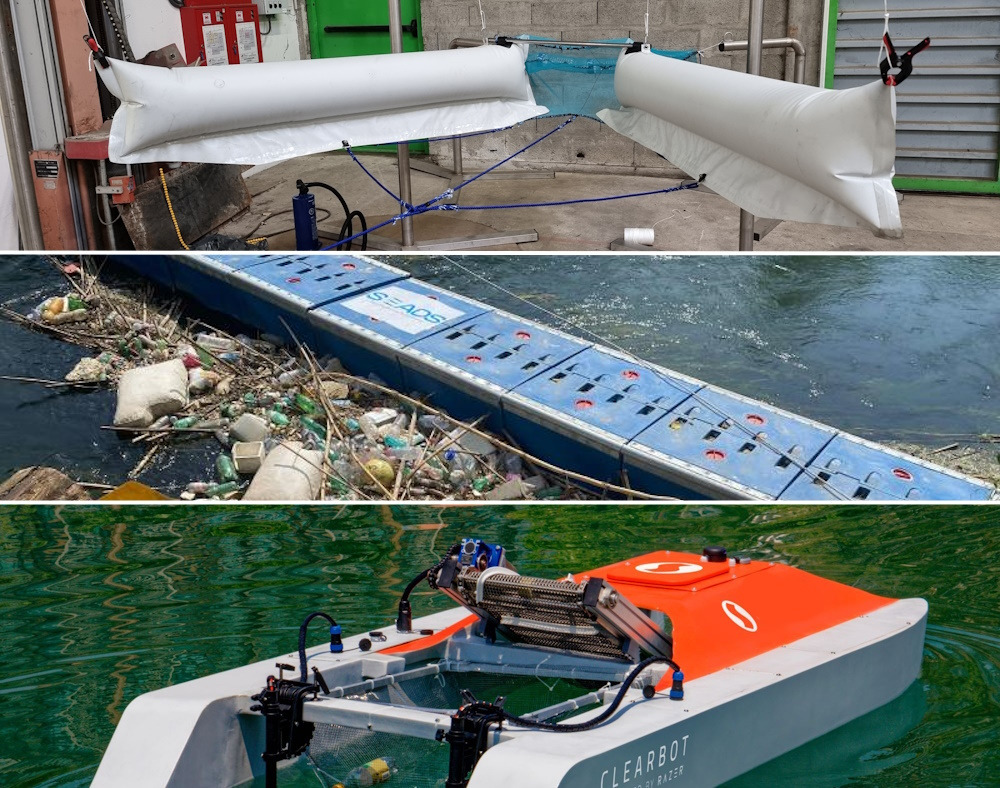

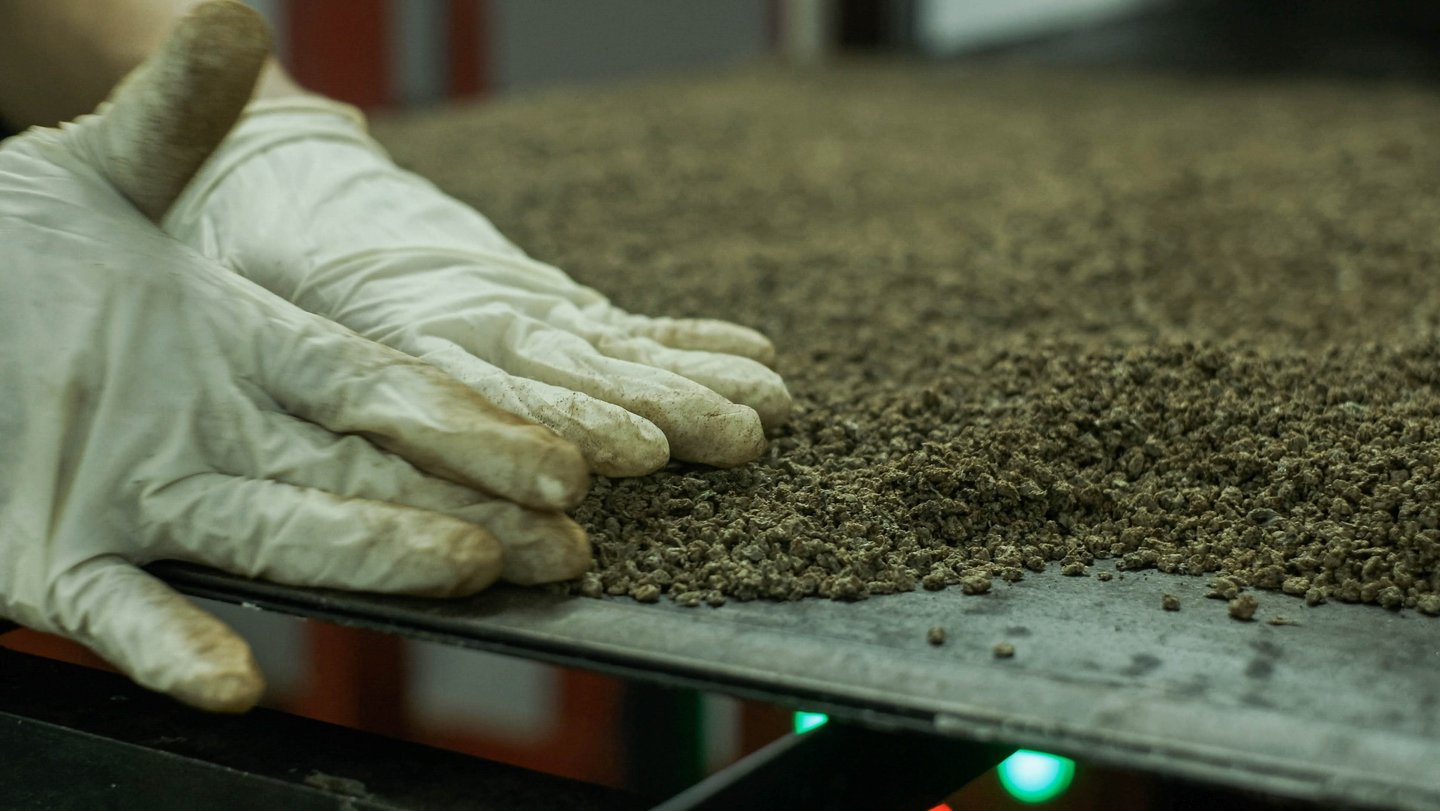

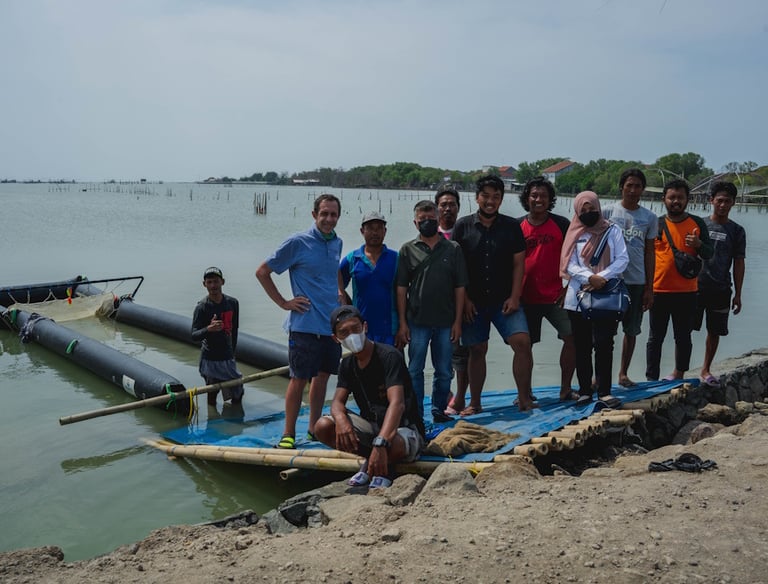

Trawl-nets for all waters, the most versatile equipment on the market, available in three sizes
Blue barriers dedicated to rivers, routing the litter to the bank for easy collection
Clearbot multifunction marine robots is the adequate tool for sheltered waters.
Collection equipment sale
Plastic recovery
"AIMING FOR ZERO WASTE TO LANDFILL"
Everywhere we conduct cleanups, we look for the most adequate local partners to process the plastic following the best practices pyramid.
Yet, we have a small number of privileged partners like Parongpong and affiliates, who can process most of the plastics collected, including the no value ones, into new and high value products.
Consultancy
OceanKita is actually lead by highly skilled, experienced and motivated persons. We offer companies and other organisations to support them on their CSR program, ESG report, with of course, a special focus on waste and marine plastics.
We help companies to evaluate their plastic footprint in order to put in place an action plan to reduce it, possibly rethink all their business plan in order to mitigate the negative impacts of their activities.
OceanKita will also study any project you have in mind and would like to submit.
Every project is the best possible answer to fit with situations that are always unique and adapt the requests from our clients and donors.
OceanKita in Numbers
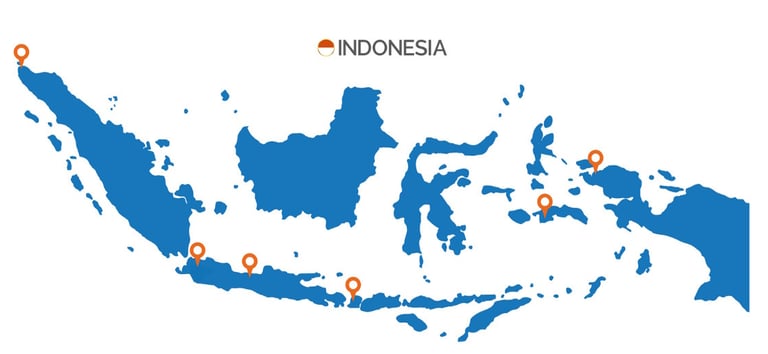

2 060 People
Involved in cleanups
40 000 kg*
Marine Plastics collected
58 Projects
Marine & river cleanups
56 Partners
Involved in our projects


* Since the end of the pandemic
OceanKita in Numbers
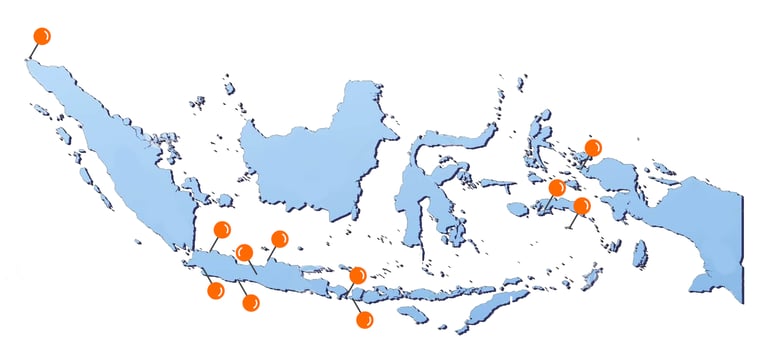

involved in cleanups
Marine Plastics collected
marine & river cleanups
involved in our projects
since the end of the pandemic


to our Plastic Collages
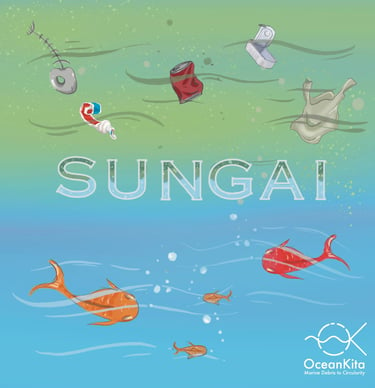

games distributed
of our education programs
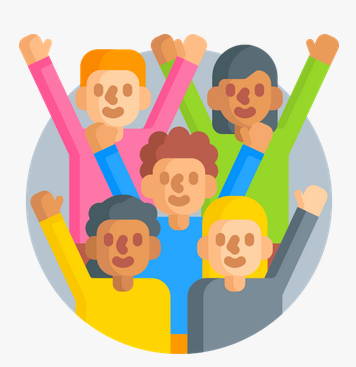

OceanKita in Numbers
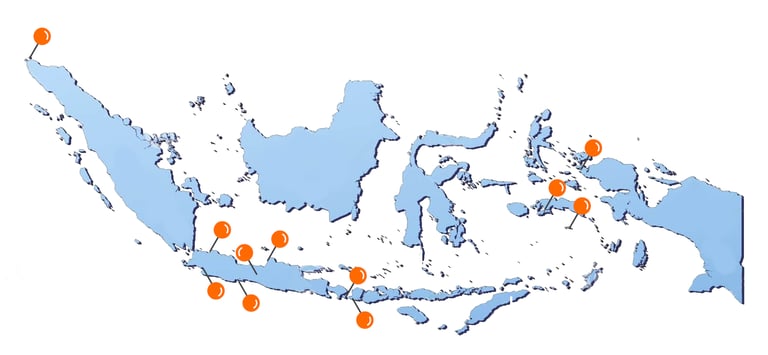

involved in our cleanups
Marine Plastics collected
marine & river cleanups
involved in our projects
since the end of the pandemic


to our Plastic Collages


games distributed
of our education programs


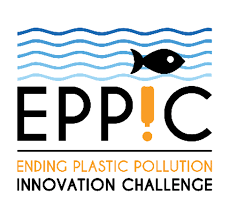

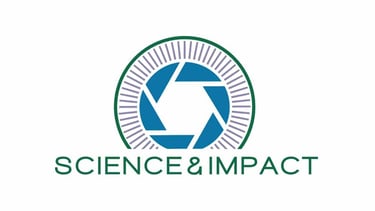

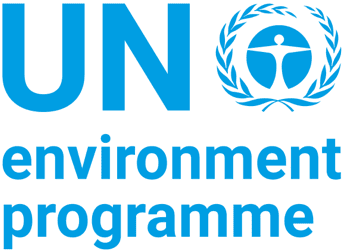

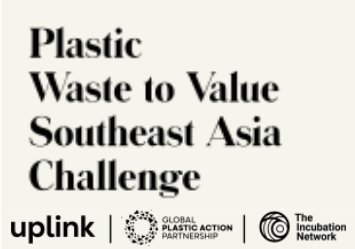










2020
Finalist EPPIC Vietnam
2020
Grant awardee Research study
2021
Trawl-nets designated most efficient collector for sea waters
2022
Finalist of Plastic to Value SEA Challenge
2023
1 of 33 Blue Business Startups from
54 AIS Countries
(Indonesia’s delegation)
2023
Grant awardee
BNP Paribas Asset Management IDX30 Mutual Funds
2024
Grant awardee
Indo-Pacific Plastics Innovation Network Accelerator+
2024
Grand finalist at
Goto Impact Foundation Catalyst Changemaker Ecosystem 3.0
Awards and Recognitions


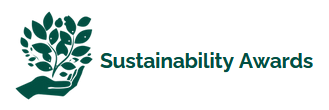

2024
Category Planet - Company
Bronze Award
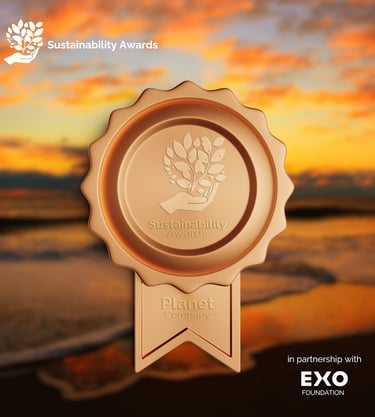



2025
Grant awardee
Indo-Pacific Plastics Innovation Network Seed Funding round 3
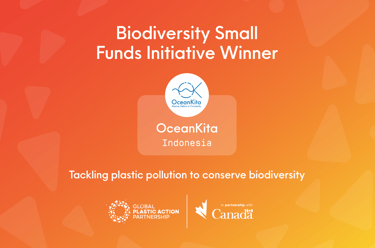

2025
Grant awardee
Global Plastic Action Plan
World Economic Forum (WEF)


2025
Among 10 finalists (tbc)
UK organisations, AIS, UNDP
